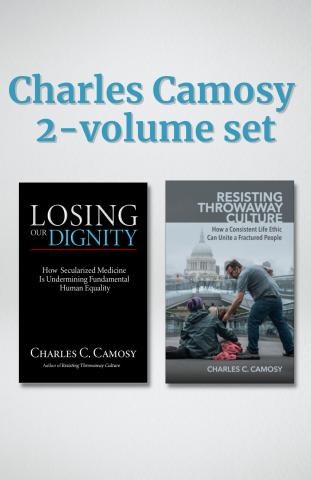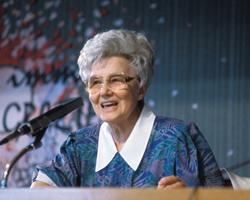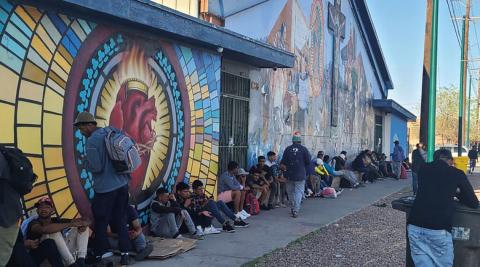
Losing Our Dignity

About the book
There is perhaps no more important value than fundamental human equality. And yet, despite large percentages of people affirming the value, the resources available to explain and defend the basis for such equality are few and far between. In his newest book Charles Camosy provides a thoughtful defense of human dignity.
Telling personal stories like those of Jahi McMath, Terri Schiavo, and Alfie Evans, Camosy, a noted bioethicist and theologian, uses an engaging style to show how the influence of secularized medicine is undermining fundamental human equality in the broader culture. And in a disturbing final chapter, Camosy sounds the alarm about the next population to fall if we stay on our current trajectory: dozens of millions of human beings with dementia.
Heeding this alarm, Camosy argues, means doing two things. First, making urgent and genuine attempts to dialogue with a secularized culture which cannot see how it is undermining one of its most foundational values. Second, religious communities which hold the Imago Dei sacred must mobilize their existing institutions (and create new ones) to care for a new set of human beings our throwaway culture may deem non-persons.
Endorsements
Human nature being as it is, and human societies being as they are, there is never a time or place when prophetic witness to the inherent dignity and radical equality of each and every member of the human family is out of place. In our society today, such witness is sorely lacking and desperately needed. That is why I am heartened to read Charles Camosy’s powerful new book Losing Our Dignity: How Secularized Medicine Is Undermining Human Equality. Professor Camosy gives us what the Greeks called parrhesia—blunt speech, plain talk, bold truth-telling—about the consequences of abandoning a principle that is foundational to any sound account of medical ethics.
We are on the brink of a great precipice concerning human rights— do all persons matter equally because of who they are as members of the human family? Charles C. Camosy’s powerfully insightful book explores one reason why some members of society have fallen out of our moral sphere of concern—the rise of secularized medicine and its view that only certain members of the human family are truly worth saving. Using poignant examples, Dr. Camosy issues a heart-felt call for us to find a path forward that reclaims an anthropology in which human beings are viewed as inherently valuable because they are the image bearers of God.
Charles Camosy is one of the most important Christian ethicists of our cultural moment, and Losing Our Dignity shows why. He sounds an alarm about changes in the medical culture of the West, which inevitably result in the victimization of the most vulnerable members of the human family. Camosy matches his urgent, dire diagnosis with a stirring vision of how individuals, families, and churches can resist our “throwaway culture.” This book should be read by anyone with loved ones facing end-of-life concerns and anyone who longs to see a consistent pro-life ethic enacted in civil society and culture more generally.
Charles Camosy’s newest book makes a vital contribution to our understanding of health care in the United States. Early in the book Camosy says “This book sounds a cultural alarm about these trends, especially with regard to key stages at which whole populations have lost their fundamental equality.” I witnessed this first hand when my mother, on more than one occasion, fearlessly advocated for my grandmother and other residents who had no one to advocate for them in a sub-standard “nursing home” in my home town. All people of good will should carefully weigh Camosy’s message, and Catholic leaders in particular should read with urgency his call to action. I plan to share the book widely in my diocese and I hope others will as well.
In a comprehensive and engaging way, Dr. Camosy continues to build the conversation framework for a consistent life ethic in which the inherent value and dignity of every human being is viewed through both scientific and philosophical lenses. As an occupational therapist, I can attest to the challenges facing healthcare practitioners today when our guidelines and practice standards do not align with patient needs or meaningful care. Losing Our Dignity uncovers inconsisten-cies in the way we deliver care and also provides an insightful warning: we risk losing our empathy, our connection, and our purpose if we continue turning a blind eye to relativistic policies and practices that undermine our dignity and a consistent respect for all life. Working with and caring for another person in a vulnerable state is a duty and a privilege. In addition to advancing the dialogue around a consistent life ethic globally, the Church must also continue our history of inno-vation in healthcare and answer the call to reimagine holistic service to others, especially the sick, fragile, or dying.











